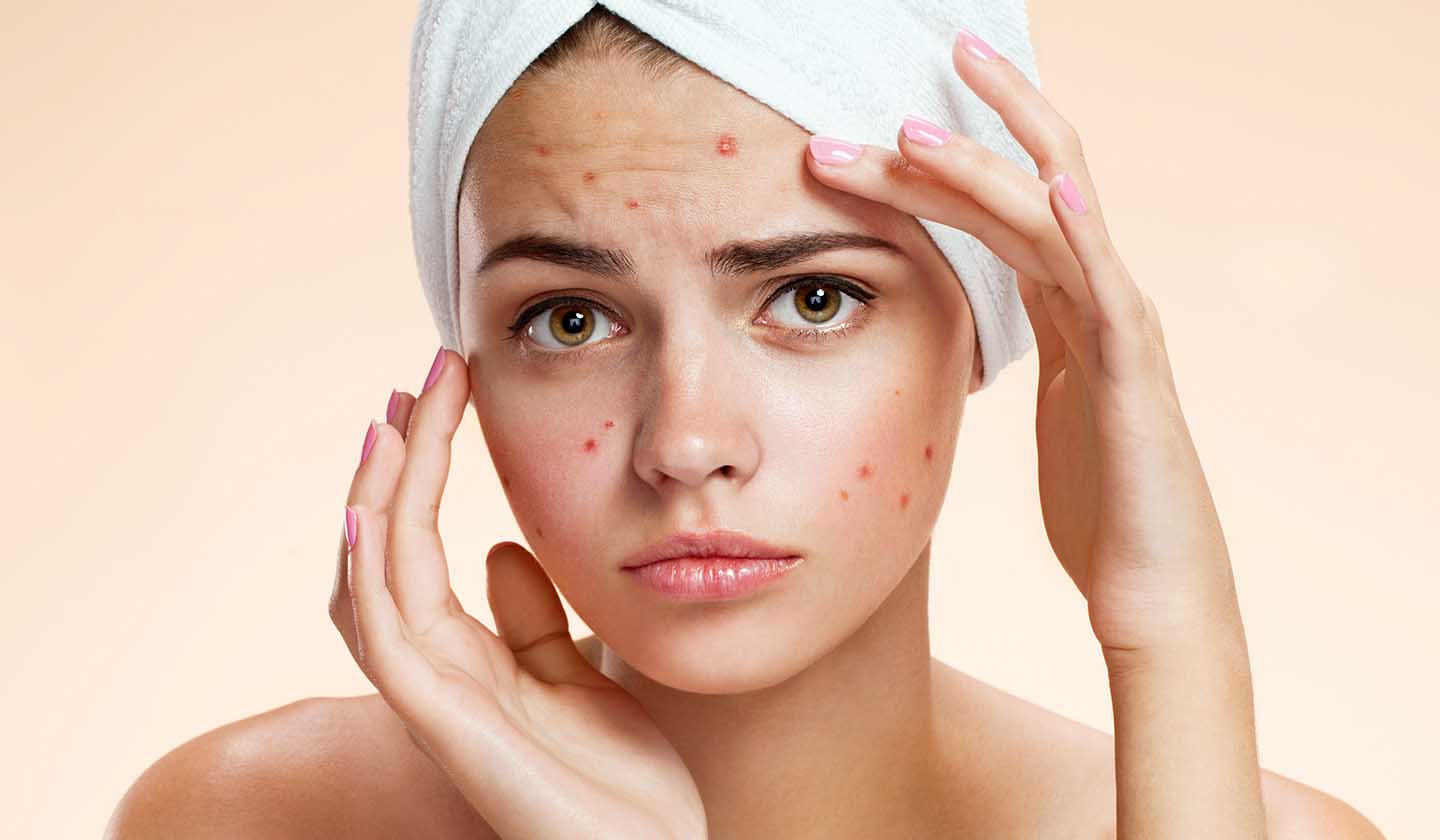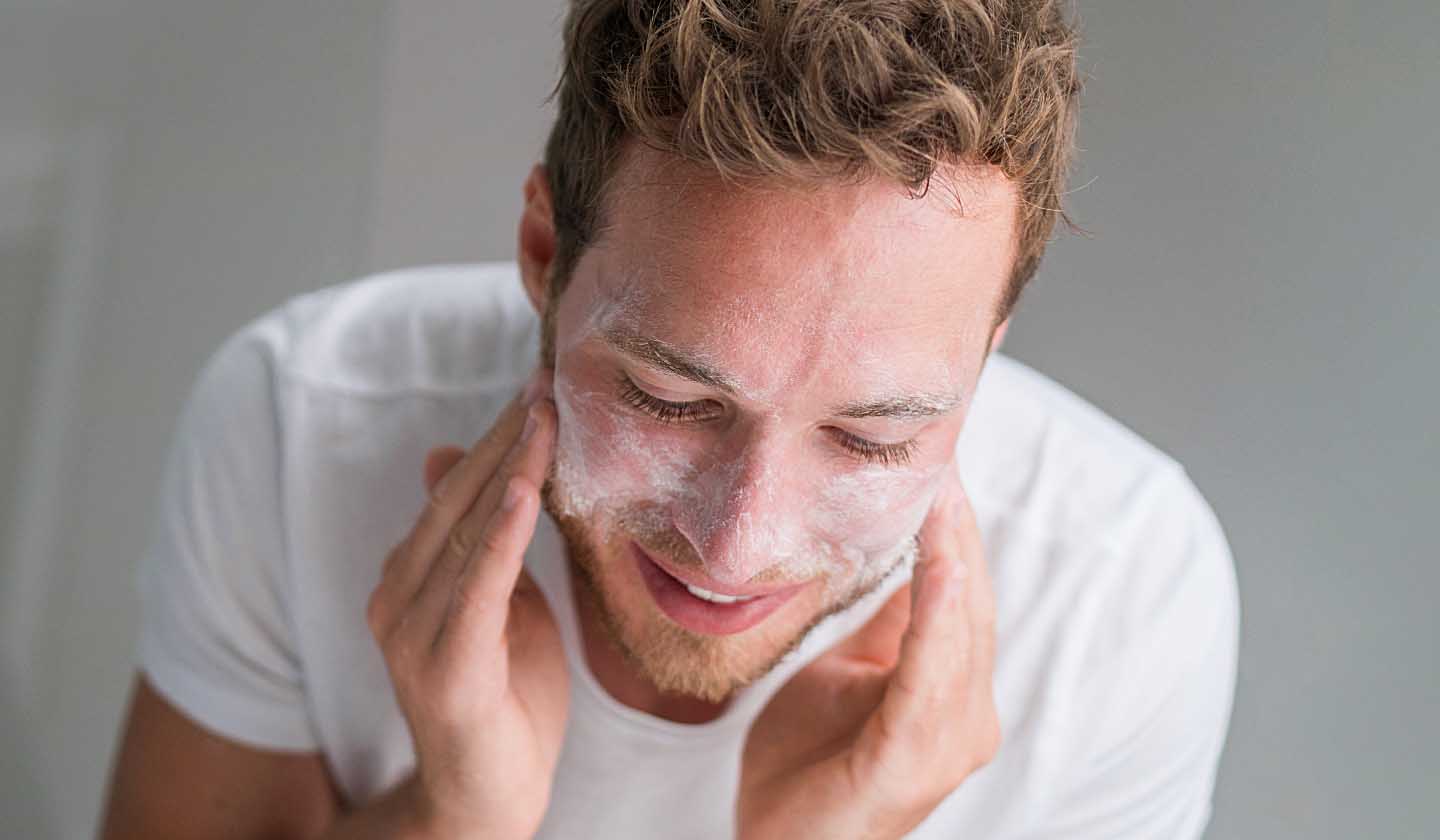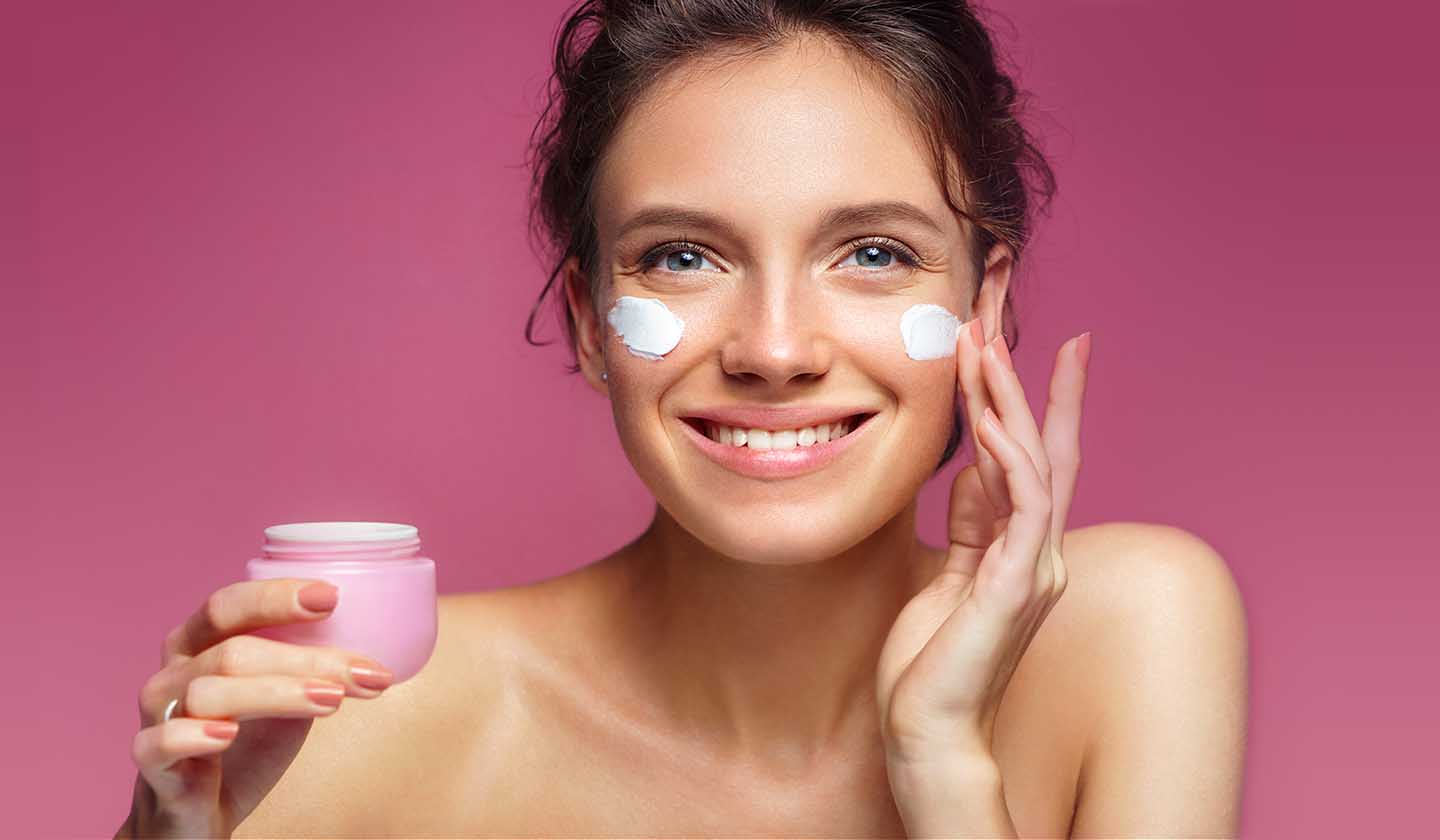Dermatology
How to live with acne?

Acne is a quite common skin disease that can affect women and men, being more prevalent in adolescence. However, late acne (appears for the first time in adulthood) is an increasingly common reality.
This condition is caused by the excessive production of sebum, hardening of the outer layer of the skin and bacterial proliferation in the sebum.
If you suffer from acne it is essential to include some skin care in your daily routine in order to minimize the impact of acne on your daily life.

Skincare routine to get rid of acne
Dermocosmetics can be used as a standalone drug or as a complement to pharmacological therapy.
All the dermocosmetics you use must be indicated for oily or acne prone skin. These products must contain the following expressions: “non-comedogenic” and/or oil-free.
Mild forms of acne can be controlled with dermocosmetics.
In a daily skin care routine, there are 3 essential steps:
Hygiene
Clean the skin twice a day, morning, and evening, before applying moisturizer or a medicinal product. Skin cleaning aims at:
- Eliminating impurities;
- Reducing excess sebum;
- Unclogging pores.
Use daily hygiene products (formulas in lotion, gel, foam, cream, micellar water) for your skin type.
Then, tone your skin up with products (toners) for the skin type in question.
Moisture
Apply 2 times a day, after skin cleaning. Adequate hydration is essential in all skin types, even in oily skins.
You should choose a cream, emulsion, serum, or gel for daily use suitable for your skin type.
Sun protection
Every day, all year long. Adequate sun protection is essential to skin health. In a skin with acne it is even more essential because it prevents the formation of scars, hyperpigmentation (dark spots on the skin) and the worsening of acne.
Some patients with acne report that sun exposure contributed to the healing of their lesions, but this apparent improvement could be due to the camouflaging of skin lesions through tanning and skin thickening. The sun is a “false friend” of acne, as in most cases there is worsening of the pathology after sun exposure.
You should always use oil-free sunscreen.

Complementary care:
Some cares which are not indicated for daily skin routine, can be a good option to improve acne:
- Exfoliators - help to remove dead skin cells. Apply 1 to 2 times a week.
- Absorbent mask - helps absorbing excess sebum and promotes hydration.
- Correction sticks - useful to help eliminate and hide imperfections located during the day.
Prevention
Taking care of your skin on a daily basis is undoubtedly indispensable for a good result.
Accordingly, you should:
- Clean your skin with “non-comedogenic” and/or oil-free products;
- Avoid using fat-based cosmetics (they can aggravate acne);
- Never pop or remove the skin over a blister;
- Remove hair from areas with acne;
- Avoid touching your hands with your face;
- Avoid highly polluted environments;
- Use oil-free makeup and/or indicated for skin with acne. Makeup should be removed before going to be;
- Control sun exposure;
- Eat a balanced diet.
Sources
iSaúde
Farmácia Distribuição Magazine
Também lhe poderá interessar
Dermatology
War on terror of any teenager - Acne
Prevention and treatment






